Sports and Alcohol
Alcohol’s Nature and Performance on the Body
It’s finally Friday, and many of us are eagerly anticipating the weekend’s worth of socialising and, frequently, light drinking. It’s crucial to change some behaviours, though, as they may affect your gym performance. You’ve already changed for the better by giving up smoking, watching what you eat and sleep, and even buying sports supplements to improve your body. All of these initiatives are meant to make you look better. But when it comes to alcohol, which is frequently used during social gatherings like weddings, birthday parties, and wedding receptions, it can be difficult to refrain from having a little “fun.” Naturally, you might be curious about how drinking impacts your performance while exercising.
Will it make you gain weight or make you less resilient? How much alcohol can one consume before suffering serious health effects? Let’s examine the nature of alcohol and its physiological consequences to respond to these queries.
How Does Drinking Alcohol Affect Our Body And What Is Wrong With It?
There are several harmful impacts that alcohol intake may have on the body. When we consume alcohol, 20% of it is absorbed by the stomach and 80% of it travels to the small intestine. Intoxication is delayed when alcohol is consumed after a meal because the food aids in the alcohol’s absorption. When alcohol enters the circulation, the liver takes over as the main organ processing it.
The ability of the liver to handle alcohol may be estimated using a formula from biochemistry. Consider a man who weighs 80 kg and has 0.5 beers with a 5% alcohol content after working out. We compute the pure alcohol concentration while accounting for the strength and volume of the beer. The density of the alcohol is then used to convert it to grammes. 10% of the alcohol is lost if the consumer consumes it on an empty stomach. In the blood, the resultant quantity is converted to parts per million (ppm).
Drugs Make You Fat
Furthermore, it is not fiction that drinking alcohol might cause weight gain. Alcohol includes ethanol, which has a calorie count of around 7 per gramme. Running burns a lot of calories, making it seem like runners are less likely to gain weight, but using alcohol to recuperate is not the best option. Alcohol has a high caloric content, but it has very little protein, fat, or carbs, which makes it less satiating than meals and other drinks.
Alcohol’s Impacts on Hormone, Injury and Sleep
Alcohol can negatively impact muscular growth hormone synthesis, sleep quality, and the ability to recover from injuries. For athletes who train hard, getting enough sleep is crucial because it promotes physical and mental recuperation, which enhances performance. However, drinking alcohol right before bed might interfere with your sleep patterns all night long. Alcohol addicts could also stay up late at events, which would cut down on their total amount of sleep. Both of these elements may have a detrimental influence on recuperation, overall health, and the efficiency of following exercises.
Additionally, drinking alcohol can drastically lower the body’s levels of growth hormone and insulin, sometimes by close to 50%. For the growth and maintenance of muscle, these hormones are crucial. Therefore, drinking too much alcohol might prevent the body from using these hormones properly, which could hinder muscular growth and repair.
Counter Actions
There are several tactics you may use to mitigate the effects of alcohol and preserve sports performance:
Remain hydrated: Drink lots of fluids, such as water and juice, to combat the dehydration brought on by alcohol. Make a conscious effort to drink at least 1 litre of water—or more, if you can—before bed.
Consume meals high in protein: Have a high-protein lunch or snack before retiring for the night. Cottage cheese, chicken breasts, and protein shakes are all healthy choices. Your body will receive the essential amino acids it needs for muscle regeneration and repair as a result.
Taking supplements Consider taking dietary supplements like ZMA (a mix of zinc, magnesium, and vitamin B6), multivitamins, and 10 grams of glutamine in the morning, around 30 minutes before to breakfast. These supplements can improve general recuperation by replenishing vital minerals.
Choose a healthy breakfast: Begin your day with a filling meal made up of foods high in protein, calcium, phosphorus, and iron. Options including eggs, lean meats, dairy products, whole grains, and fruits can be included in this. These nutrients will help muscles operate even more and provide you with the vital energy you need for your workouts.

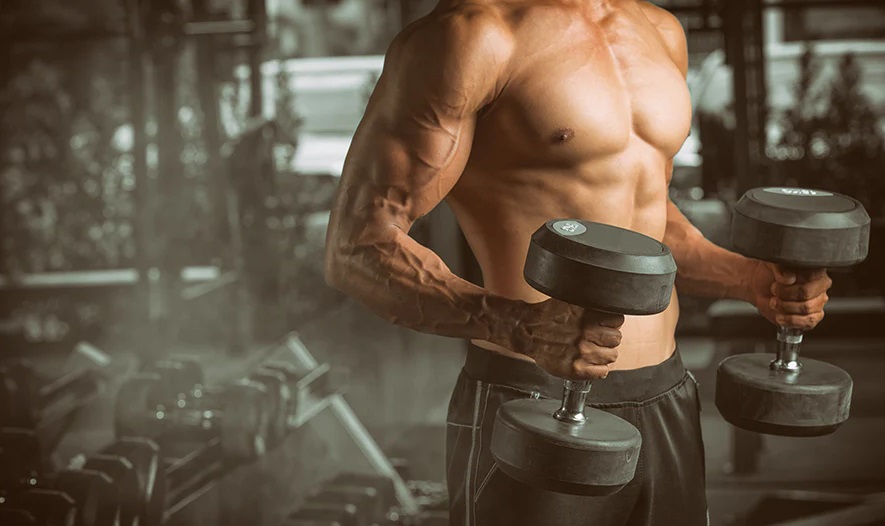
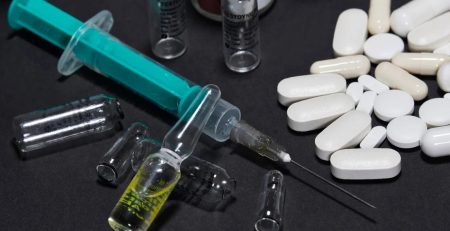
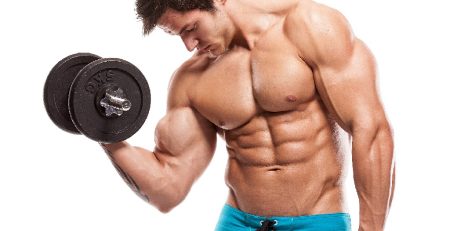


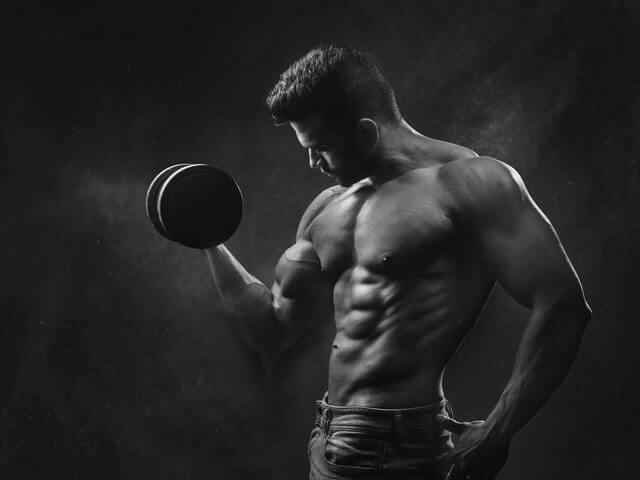
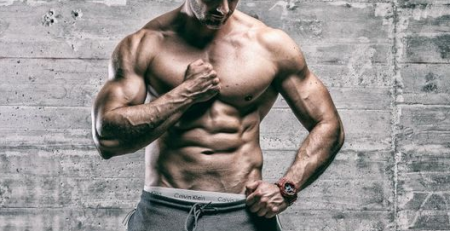



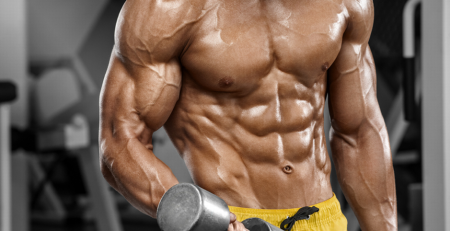
Leave a Reply